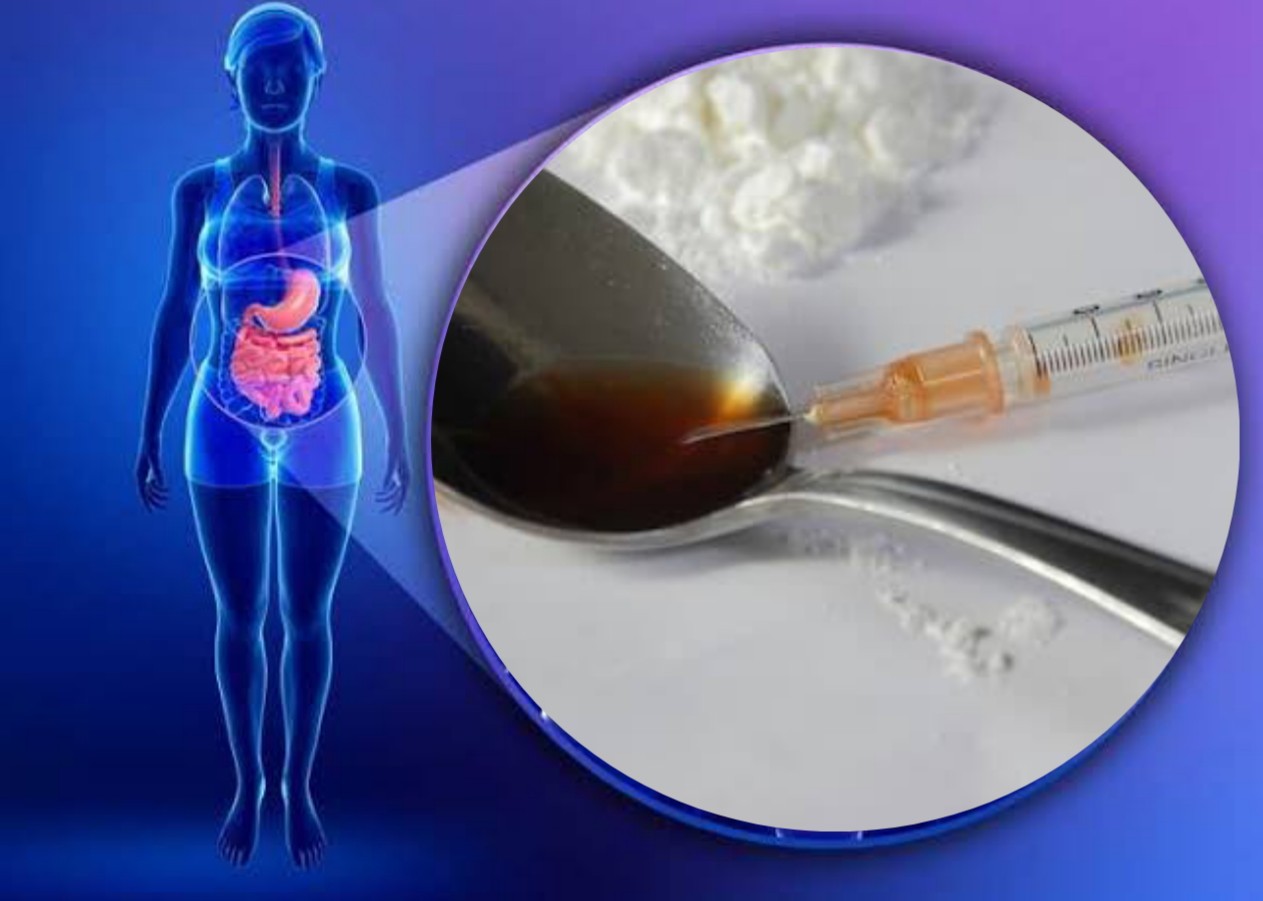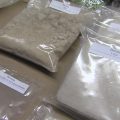Heroin is a very addictive drug made from morphine, a psychoactive (mind-altering) substance taken from the resin of the seed pod of the opium poppy plant. Heroin’s color and look depend on how it is made and what else it may be mixed with. It can be white or brown powder, or a black, sticky substance called “black tar heroin.” Heroin is part of a class of drugs called opioids. Other opioids include some prescription pain relievers, such as codeine, oxycodone (OxyContin), and hydrocodone (e.g. Vicodin).
Fake heroin use and overdose deaths have also dramatically increased over the last decade. This increase is related to the growing number of people misusing prescription opioid pain relievers like OxyContin and Vicodin. Some people who become addicted to those drugs switch to heroin because it produces similar effects but is cheaper and easier to get.
People who regularly use heroin often develop a tolerance, which means that they need higher and/or more frequent doses of the drug to get the desired effects. A substance use disorder (SUD) is when continued use of the drug causes issues, such as health problems and failure to meet responsibilities at work, school, or home. An SUD can range from mild to severe, the most severe form being addiction.
Those who are addicted to heroin and stop using the drug abruptly may have severe withdrawal. Withdrawal symptoms—which can begin as early as a few hours after the drug was last taken—include:
- restlessness
- severe muscle and bone pain
- sleep problems
- diarrhea and vomiting
- cold flashes with goose bumps (“cold turkey”)
- uncontrollable leg movements (“kicking the habit”)
- severe heroin cravings
Researchers are studying the long-term effects of opioid addiction on the brain. Studies have shown some loss of the brain’s white matter associated with heroin use, which may affect decision-making, behavior control, and responses to stressful situations.
How Long Does Heroin Take To Get Out Your System
The rate at which heroin exits the body, of course, affects how long it will take before the substance is no longer detectable in various drug tests. The drug tests approved by the Food and Drug Administration (FDA) for heroin are those for the blood, saliva, urine, and hair follicle. Newer, more advanced tests can detect traces of heroin in the system for a longer period of time since the last dose. Many tests now look for heroin metabolites, which are created when the liver metabolizes the drug. These stay in the system much longer than the actual intoxicant.
Most of the time, heroin is no longer detectable in a person’s urine after just 2 days. However, certain tests have been known to have a positive result for this drug for up to 7 days. Blood and saliva tests aren’t often used for heroin due to the fact that this opioid, like many others, has such a short half-life. It can therefore take only 5-6 hours for the drug to become undetectable in these fluids, though they can possibly be found for up to 2 days. The only test that works for longer than a week is the hair follicle test, which can detect heroin for up to 3 months or more. However, there are many possible factors that can interfere with hair tests. It’s also important to note that heroin can generally be detected much longer in the systems of long-term, heavy users. This is because excessive use causes the drug to be stored in fatty tissues that take much longer to be flushed out than substances that are merely in the blood and other bodily fluids. READ: What Does Heroin Show Up As On A Drug Test?
How To Get Heroin Out Your System
The most effective way of getting heroin out of your system is to stop using the drug completely and allow your body time to metabolize and eliminate it. But detoxing off heroin or opioids without medication can be sheer hell for many users due to full-blown withdrawal symptoms. The initial physical withdrawal symptoms may only last for a week in some cases, but they are often severe and can feel like a severe case of the flu, which can lead to people resuming heroin use just to stop the withdrawal process. Medical detox providers use medications and therapy to ease symptoms, boosting the risks that a person will move through withdrawal safely and successfully.
To flush heroin out of your system faster from your body during detox will require the adoption of some detoxification protocols. In order to flush out heroin quickly from your body it is important that you observe the following:
Increase Water Intake. It is critical for us to keep our bodies in a healthy state by consuming at least 6-8 glasses of water daily, eating fresh fruits/vegetables, and whole grains.
Avoid Unhealthy Items. Avoiding tobacco, fried foods, animal fats, sugar, and caffeine are helpful in keeping our bodies functioning appropriately and eliminate heroin.
Exercise. To stay healthy, exercising at least 150 minutes of moderate aerobic activity a week plus strength training once a week will help convert fat to muscle mass. Amounts of fat can impact how heroin get absorbed and released from the body.
Short-Term Detox Diet. A general body detox diet has been shown to clear out toxins and waste, including helping medications get eliminated from your body if your energy level is especially low. Often these detox diets are done over the weekend where you start on a Friday night with a green salad. Saturday’s menu consists of lots of vitamin C and fruit juices which will help flush your body quickly. breathing exercises can help with the cleanse as well.
Liver detoxification. can be another avenue to explore given that our livers are often overworked with a combination of poor lifestyle and diet choices. Antioxidant vitamins such as vitamin B, C, E, and betacarotene all have been shown to help cleanse the liver.
In general, heroin detoxification can be aided by re-hydrating your body, consuming proper nutrients, choosing appropriate food options, and adopting healthy lifestyles. Drinking adequate water during the day acts as a natural detox and can help flush the body of chemicals, toxins, and fats. Consuming nutrients and foods that are not processed or refined but instead are freshly prepared can go a long way.
Additionally, cutting down on sugars and bad fats while eating more fruits and vegetables can allow our body to stay at our finest. Trying to find ways to reduce our daily stress can help decrease the amount of stress hormones that are released such as cortisol, epinephrine, and norepinephrine, which can have detrimental effects to overall health. Sleeping at least 8 hours each night can help reduce stress while giving us more energy during the day. Lastly exercise is another way to keep our body healthy, convert fat to muscle mass, and help alleviate stress. Also Read: How to Detox Drugs Out of Your System When Pregnant





